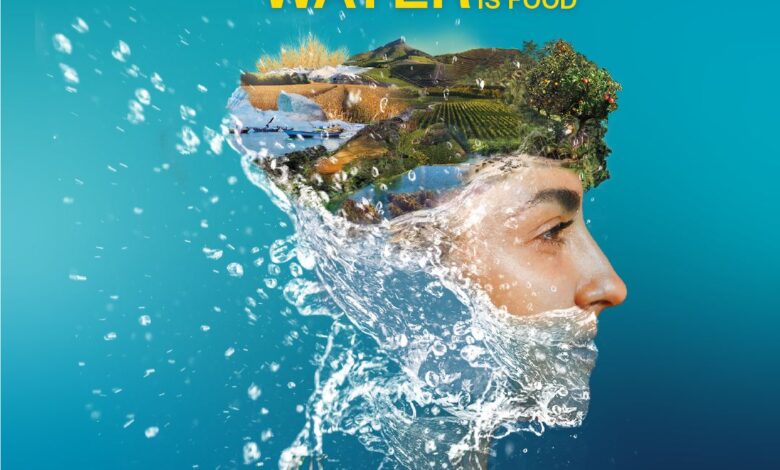World Food Day 2023: Water’s Vital Role in Global Food Security
Examining the Vital Role of Water in Ensuring Global Food Security

World Food Day, marked every October 16th, provides a platform to spotlight the crucial link between water and food. This year’s theme, “Water is Life, Water is Food. Leave No One Behind,” emphasizes the critical role water plays in our world’s food systems.
The Food and Agriculture Organization (FAO) declared October 16 as World Food Day in 1979. It serves to raise awareness of hunger, inspire action for the future of food, and promote understanding of healthy diets. Additionally, it champions the Sustainable Development Goal Two (SDG 2) of achieving zero hunger, a mission ingrained in FAO’s foundation since 1945.
Last Saturday, the Ministries of Food and Agriculture (MoFA) and Fisheries and Aquaculture Development, in partnership with the FAO and other development allies, organized a float to raise awareness about hunger, water scarcity, and the need for swift action.
Today, MoFA is set to host a presidential breakfast meeting on agriculture and agribusiness financing, underscoring the challenges of financing agriculture, particularly in Ghana, due to the high risk linked to agricultural activities. A notable initiative in this regard is the Ghana Incentive-based Risk Sharing Agricultural Lending Scheme (GIRSAL), aimed at reducing risks and costs of lending to the agricultural sector.
This year’s World Food Day theme focuses on water’s significance for human survival, given the ongoing impact of climate change on water bodies. As water sources dry up due to reduced rainfall and rising sea levels threaten freshwater quality, water becomes the cornerstone of food production. In Ghana, this theme underscores the critical need to safeguard water bodies, especially as illegal mining activities (galamsey) have severely polluted water sources.
Despite commendable efforts to combat galamsey, there’s still much to be done to save our water bodies. This year’s theme should serve as a call to action to ensure clean, accessible water for all.
The global challenge of feeding an increasing population while addressing water scarcity and climate change underscores the interconnectedness of water, food, and the goal of ending hunger. Women, who play a pivotal role in agriculture, can drive change if involved throughout the value chain.
The Planting for Food and Jobs initiative, introduced in 2017, seeks to ensure food security. With PFJ 2.0, which includes a shift from input subsidy to an input credit scheme, Ghana aims to scale up food production and make it accessible for all.




